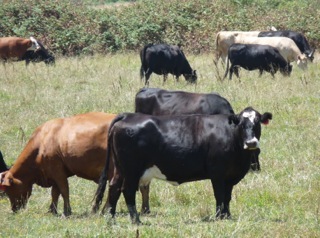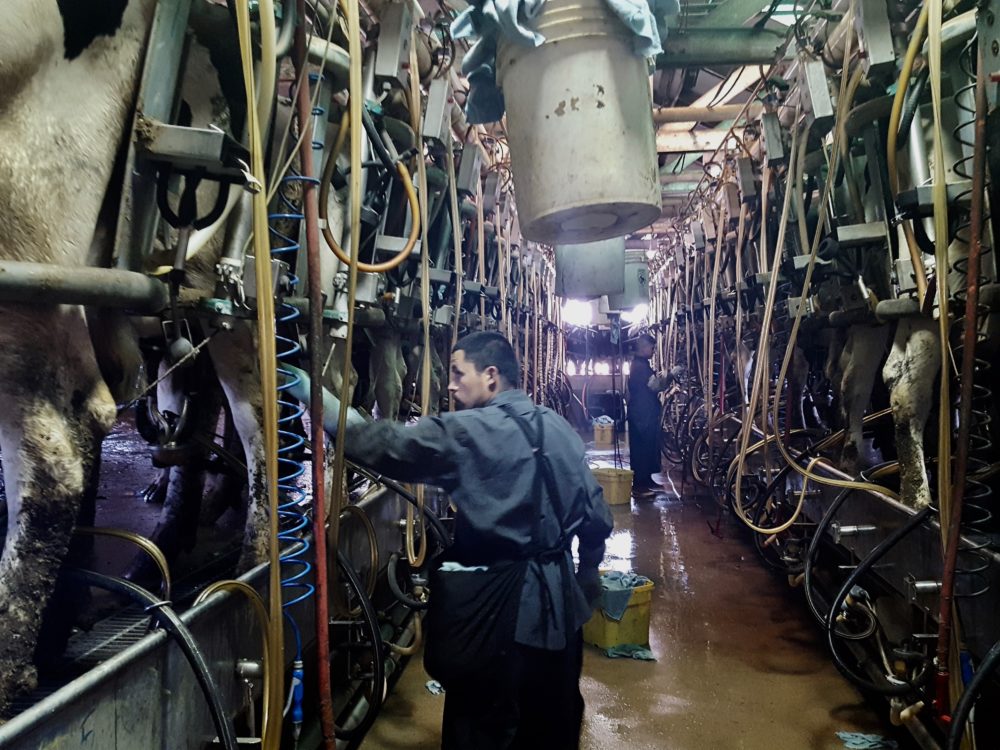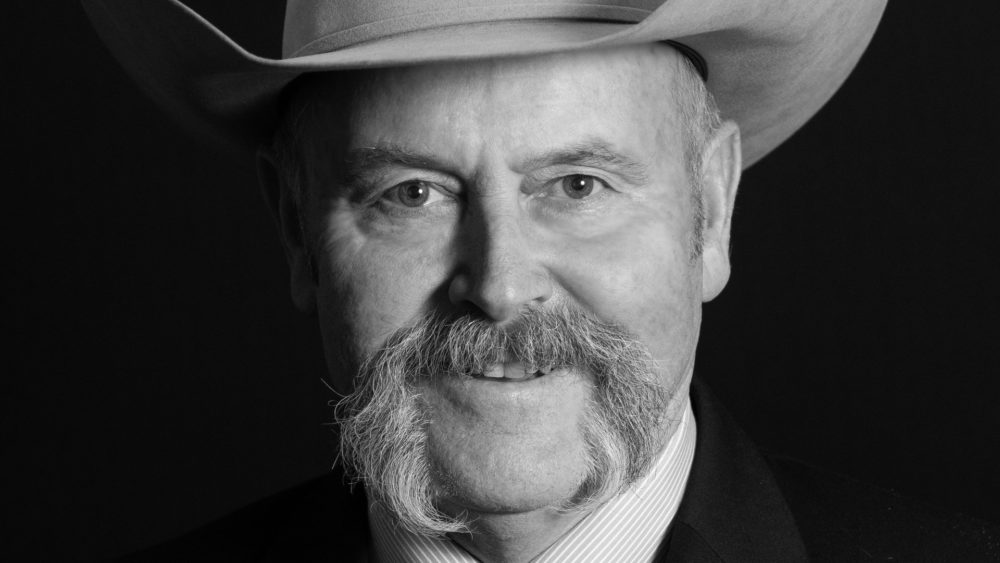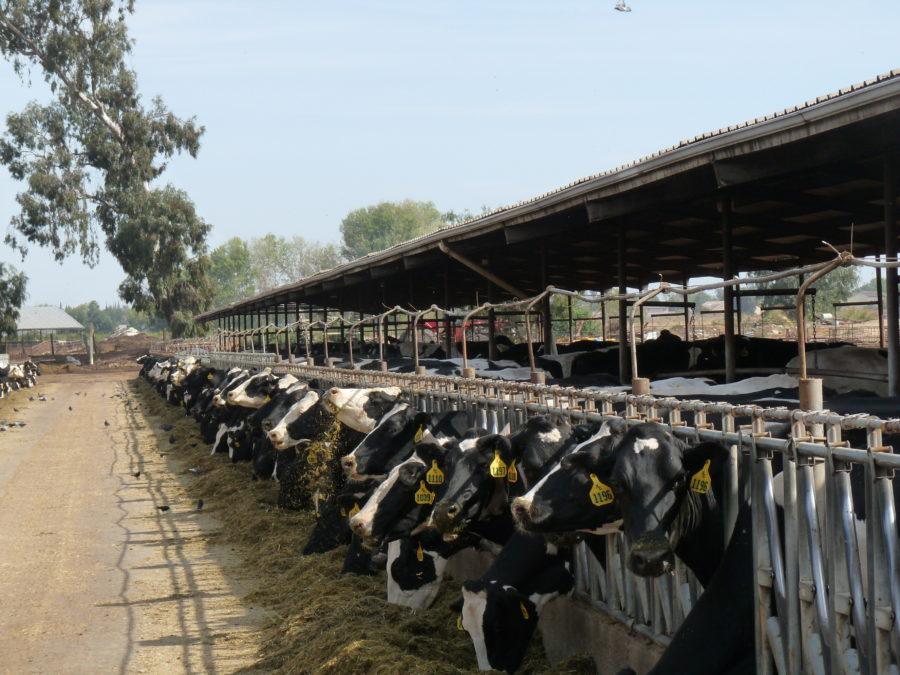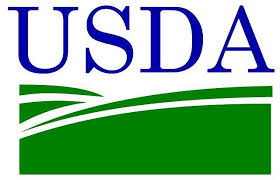UCANR’s Deanne Meyer Honored
Meyer receives Bradford-Rominger Agricultural Sustainability Leadership Award
By Pam Kan-Rice, UCANR Assistant Director, News and Information Outreach
Deanne Meyer, UC Cooperative Extension Livestock Waste Management Specialist, is this year’s recipient of the Eric Bradford & Charlie Rominger Agricultural Sustainability Leadership Award, given by the Agricultural Sustainability Institute (ASI) at UC Davis.
Meyer is being honored for her leadership in substantially improving the sustainability of California’s dairy industry through her research and outreach.
The Bradford-Rominger award recognizes and honors individuals who exhibit the leadership, work ethic and integrity epitomized by the late Eric Bradford, a livestock geneticist who gave 50 years of service to UC Davis, and the late Charlie Rominger, a fifth-generation Yolo County farmer and land preservationist.
Meyer has directed the environmental stewardship efforts of the California Dairy Quality Assurance Program (CDQAP)—a voluntary partnership between the dairy industry, government and academia—since the program’s inception in 1996.
Meyer’s dedication to build a bridge between industry and regulatory agencies has paid dividends for California’s air and water quality. With Meyer’s leadership, more than 700 dairy farms have completed an on-site, third-party evaluation of their facility’s manure management. The program has been so successful that it received California’s highest environmental honor, the Governor’s Environmental and Economic Leadership Award, in 2007.
Reflecting on Meyer’s work, Glenda Humiston, UC vice president for agriculture and natural resources, said, “Serving as chair of California’s Water Quality Task Force in the mid-1990s, I had a front row seat to the challenges Deanne faced as she organized CDQAP and brought many unlikely allies to the table. The many successes of that program is a testament to her skills as both a scientist and a diplomat.”
Beyond Meyer’s work with CDQAP, her research in groundwater salinity has provided farmers, agency staff and other concerned stakeholders with unbiased information presented with an understanding of agricultural realities.
“Her efforts, leadership, and dedication are so valued by all the diverse sectors she works across,” said Anita Oberbauer, professor and dean for Agricultural Sciences at UC Davis. “By working closely with regulatory agencies and farmers, she ensures our state’s livestock and dairy producers have the tools that they need to meet the environmental challenges.”
Learn more about the Bradford-Rominger award on the Agricultural Sustainability Institute website at https://asi.ucdavis.edu/about/
Past winners of the Bradford-Rominger award include UC Cooperative Extension advisors Rachael Long, Rachel Surls and David Lewis, Sustainable Conservation’s Director of Resources Daniel Mountjoy, UCCE advisor Rose Hayden-Smith, UCCE specialist Ken Tate, UCCE advisor Mary Bianchi, natural resource conservation consultant Kelly Garbach and UC Davis lecturer emeritus Isao Fujimoto.

